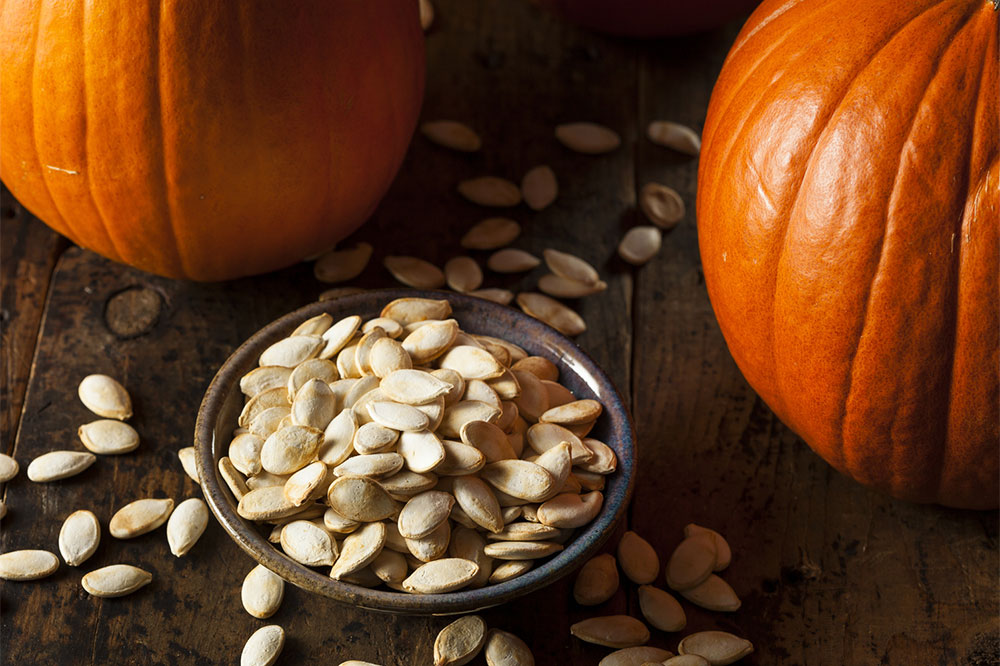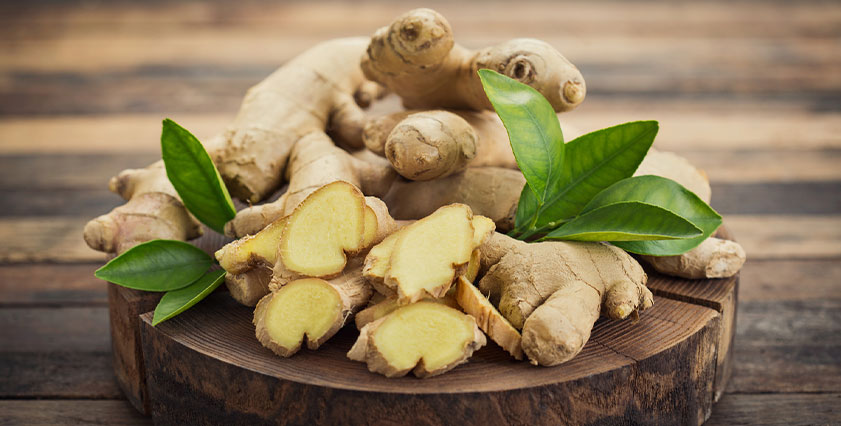3 effective tips for relieving nasal congestion

A stuffy or congested nose develops when nasal and adjacent tissues and the blood vessels are swollen with excess fluid, resulting in one’s nose feeling plugged. It may be accompanied by a runny nose or nasal discharge and can be especially uncomfortable for children. Nasal congestion can be a common symptom of allergies, cold and sinus infections, or even environmental irritants. However, one can manage nasal congestion by the following treatment options, foods, and remedies:
Treatment options
Allegra: As an antihistamine, Allegra lowers the impact of the natural chemical histamine in the body. This chemical can trigger symptoms like runny nose, watery eyes, itching, and sneezing. Allegra helps treat symptoms of seasonal allergies in both children and adults. This oral option can be taken on an empty stomach or 1–2 hours after a meal. It must not be consumed with fruit juices. One should consult a doctor for the dosage and check the label for instructions. Avoid using it for longer than recommended or in larger or small amounts than prescribed.
Xyzal: This is also an antihistamine that can help with nasal congestion symptoms and can help overcome hives and skin itching. Like Allegra, Xyzal blocks histamine to relieve allergy symptoms.







